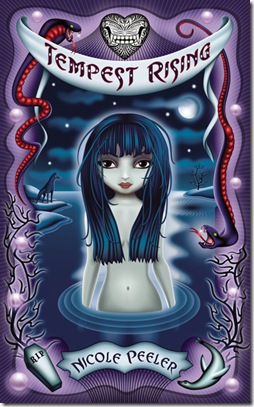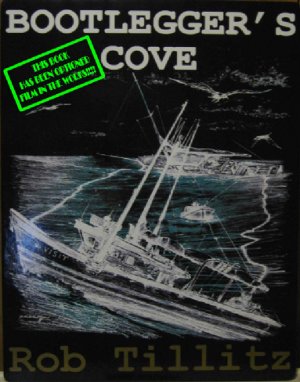I watched the season finale of Mad Men the other night, and really enjoyed it. While I don’t think Mad Men has done anything particularly new or groundbreaking, fiction-wise, it’s done everything – or almost everything – well. Which is really all it takes to be a classic piece of storytelling. However, over the course of three seasons I have put my finger on what I think Mad Men‘s weakness is: Frankly, it’s the plot. Some of the storylines are interesting, gripping, and laugh-out-loud funny. Some are dull, plodding, and hamfisted in their symbolism. I’ve realized that the division between these two sets of storylines is pretty obviously the office plots set in the Sterling Cooper offices and involving its employees (good), and the soapy storylines involving Don Draper’s home life (or anybody’s home life) (bad). Put simply, when Mad Men is in the Sterling Cooper offices and people are plotting against each other, or bickering, or trying to come up with a great pitch, I’m enthralled, and the characterizations and the things we know about the characters inform and improve the storylines. When we’re home listening to the loathsome Betty Draper (loathsome on purpose, and wonderfully written as a character, but loathsome nonetheless), I start thinking about mixing a fresh drink and checking my email.
Now, this is just part of the cost of doing business with a show like Mad Men. It is, at its heart, a soap, and part of the drama is supposed to be Don’s home life. However, something’s starting to happen in science fiction and fantasy television (and maybe in other mediums): The SF/F shows are starting to take on this model as well. You have the interesting, good stuff (SF/F), and then you have the soapy stuff that plods along. In shows involving aliens, spaceships, magic, flash forwards, mysterious islands, death rays, elves – whatever, we suddenly have all sorts of subplots about infidelity, unrequited love, terminal illnesses and every other soapy mainstays. SF/F shows used to be about action, about fantastic concepts, with a minimal amount of soapy stuff, but the balance has been inverted.
Consider Star Trek: The Original Series. You didn’t have scene of Kirk arguing with his girlfriend, or Chekov grousing about how his career is stalled. This was because they were too busy fighting aliens in desert arenas, firing phasers, and discovering that once again their forward shields wouldn’t hold. In today’s market, they’d have to make Kirk married or at least get him involved by season three.
I understand the impetous behind this: SF/F is spreading beyond its traditional confines. It’s getting a general audience, and general audiences like a nice soupy mix of storylines. These are the folks who really liked the “sexual chemistry” of Moulder and Scully on The X Files, and wanted more of that. The creators of these shows think the audience needs a mundane handle to grab onto. So, okay, you have the survivors of flight 815 getting deeper and deeper into a Weirdness Cavern, and maybe some viewers are worried about how weird its getting, but then you have a nice solid love triangle like Mom used to make, and if nothing else you can hold onto that.
Cynical? Maybe. I can’t help but wonder if something like FlashForward wouldn’t be better if they stopped worrying about who’s going to get married and who’s going to start drinking again and started worrying about why in hell everyone passed out for two minutes and saw a vision of the future. Just a thought.
But as SF/F keeps spreading, keeps building mindshare and keeps seeping into the mainstream I think this is going to get worse, until eventually SF concepts will simply be settings for soap operas. This will be right around the time they roll out Star Trek: Academy on ABC, where every episode will involve romances, betrayals, and hidden pasts, and every sweeps week mysterious aliens will invade and the Federation Academy kids will have to fight them off using wormholes or something. And then back to who’s boinking who.
Screw it, I’m going to mix myself a fresh drink.



